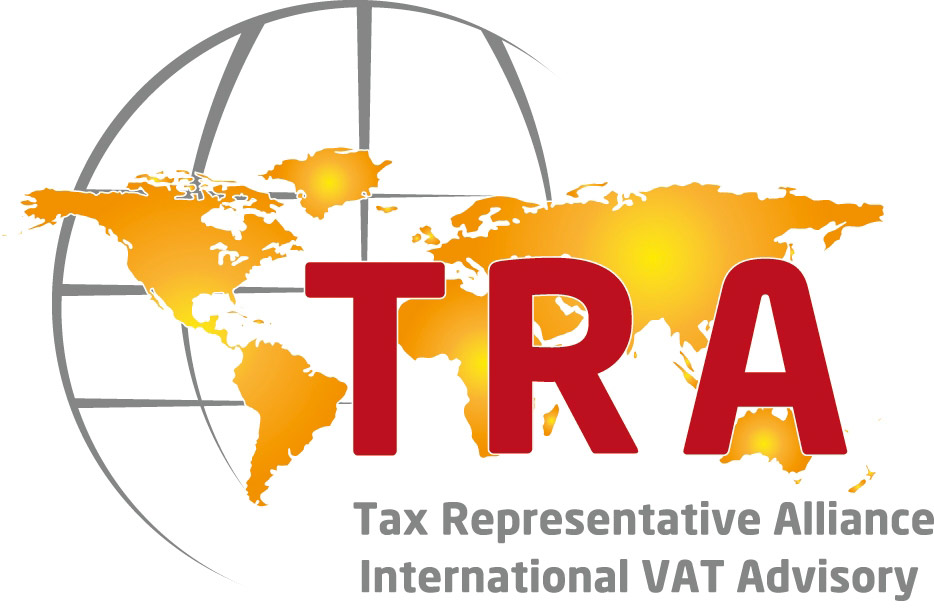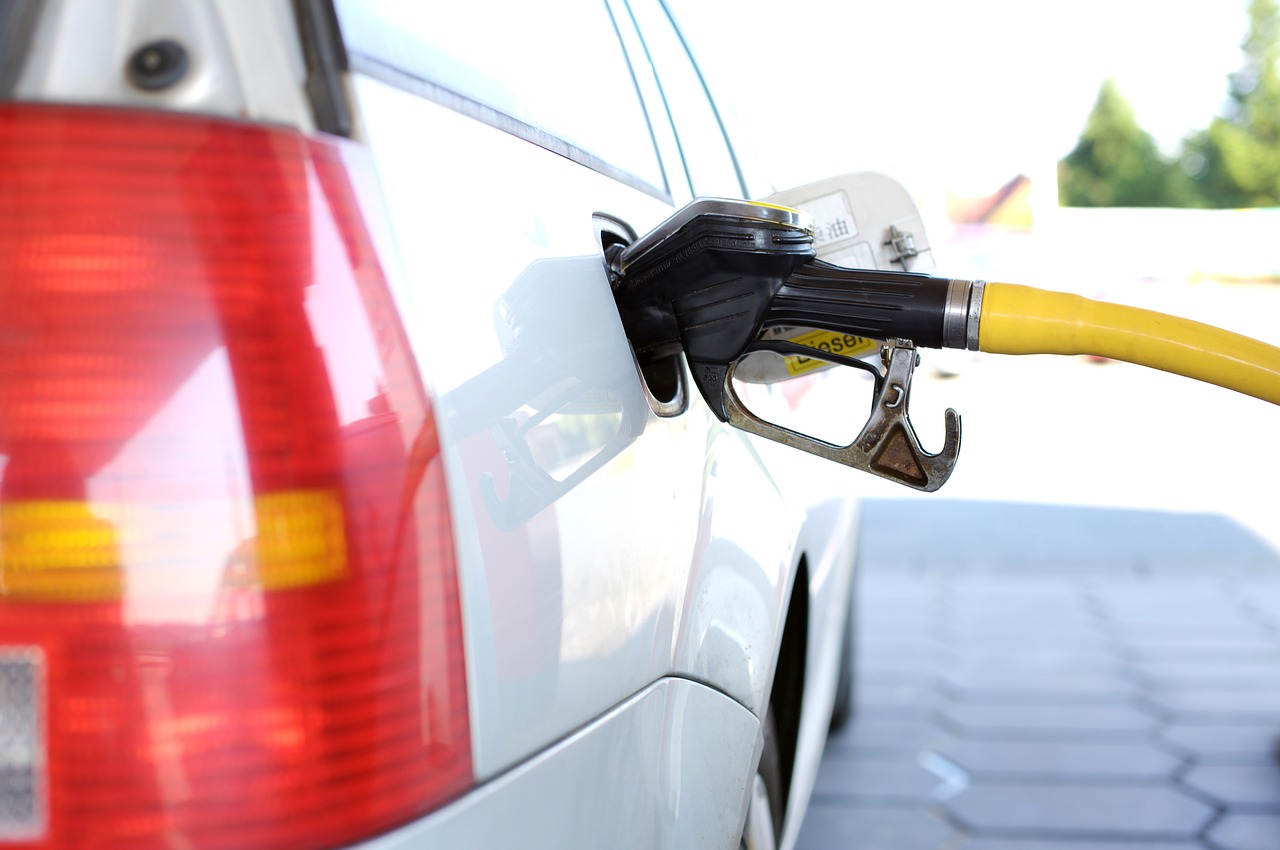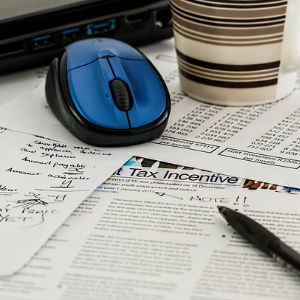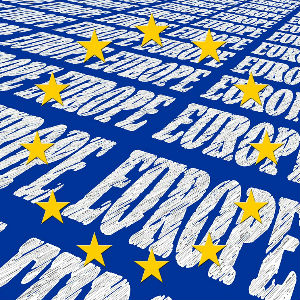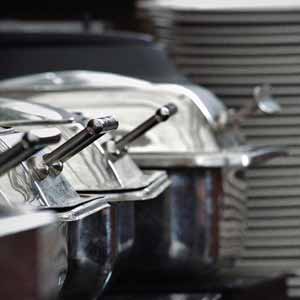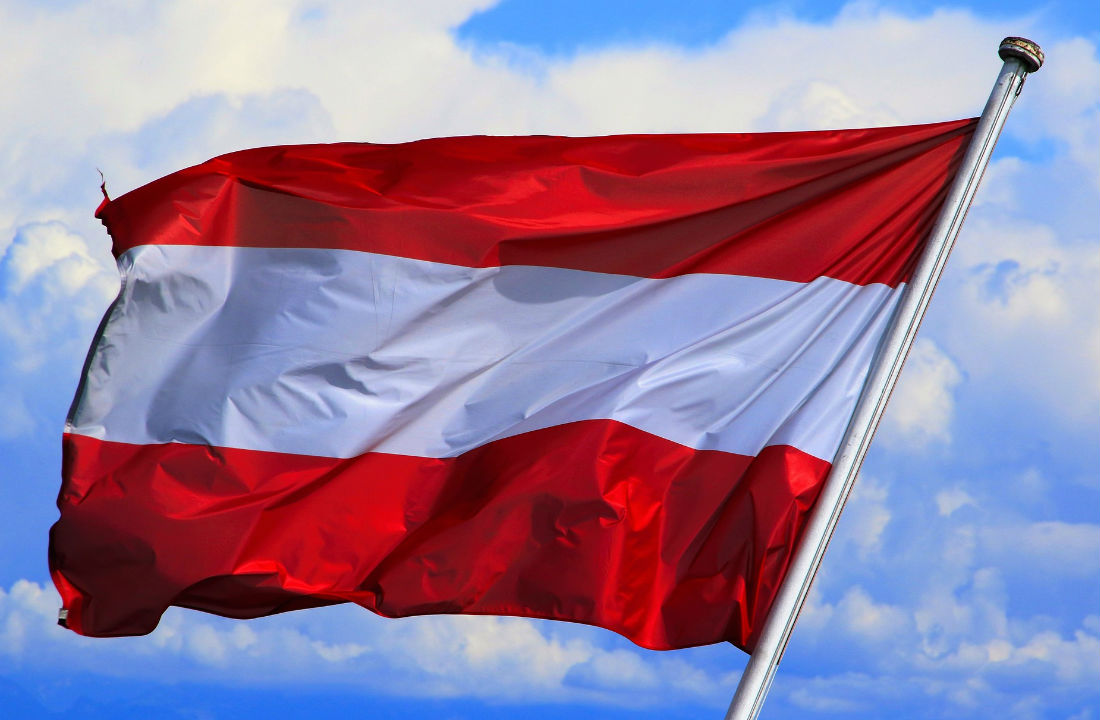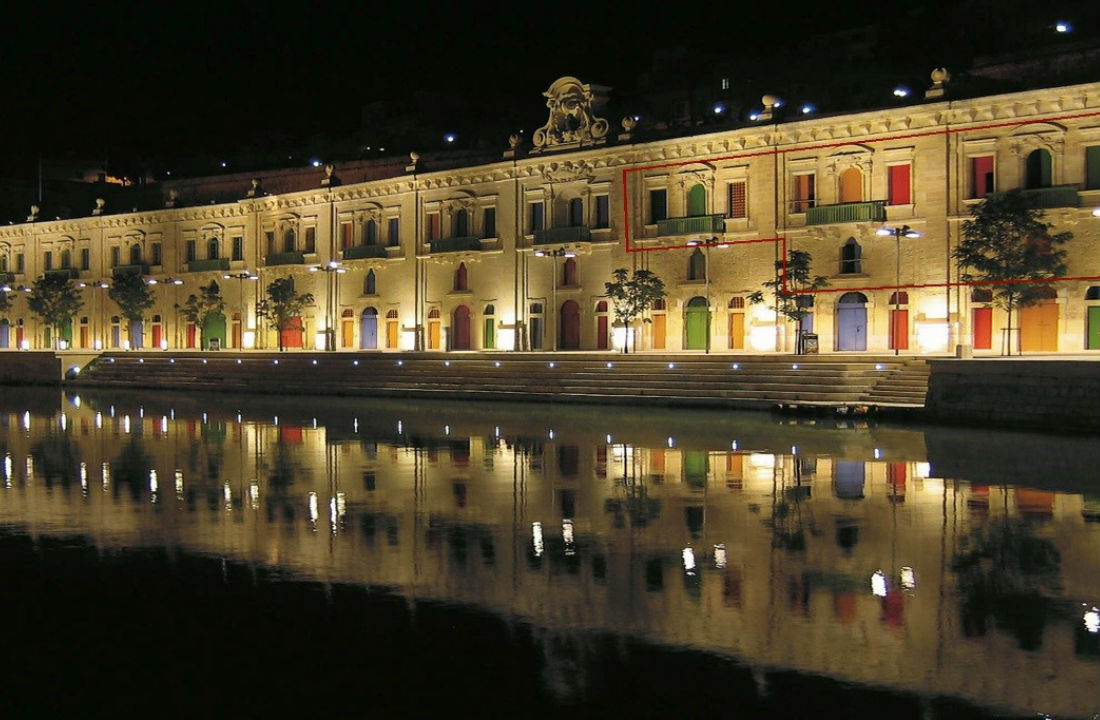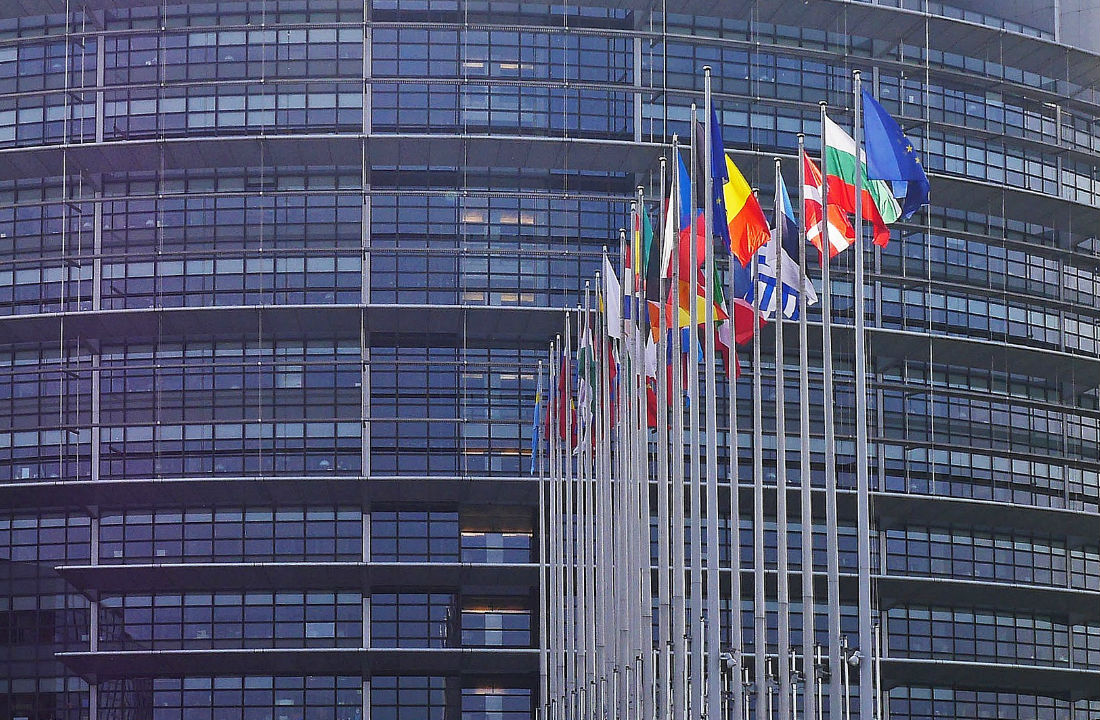Article 31 of the Finance Act for 2017 (Law No. 2016-1917 of 29 December 2016), modified the deduction coefficient of French VAT on gasoline consumed for business purpose to 20% for 2018 including for commercial vehicles and other vehicles eligible for VAT recovery, whereas no VAT deduction on gasoline was possible for these vehicles until now. Read more
Credit/Debit Notes Alert

I. BACKGROUND
Intertax has noticed that many sellers in case of small and not important adjustments on the sales invoice such as wrong address, dates, invoice number, etc., often issue a credit note and then rise a new invoice that includes all proper data. Such procedure may result in huge negative consequences as the credit notes that decrease the output VAT may be declared in the VAT return only after meeting all obligatory requirements for credit notes. In case meeting those requirements fails, this procedure may lead to temporary double VAT taxation of the transaction. Read more
Proposal to introduce more flexibility for Member States to change the VAT rates they apply to different products.
On January 18th of 2018, the European Commission has proposed new simplification rules to help reduce VAT compliance cost for small businesses.
Read more
Spain – Travel Agent’s VAT special regime turns to be applicable to Internet platforms rendering transport of people services
According to the Spanish binding consultation DGT CV 28-12-17 the services of “transport of people” with driver offered online, must receive the same treatment as a travel agent’s by being obliged to use their special regime.
When a Company puts together car owners who render transport services with clients who need transport, using for this purposes a website, and invoicing directly the final client while hiring the transport services, the complex service is qualified in the same way a travel agent’s activity would.
The key for the Spanish Tax authorities is the fact that the transport services are rendered under own name but with alien means .
Travel Agents do exactly the same. Subcontracting a third party but assuming the service as own.
The special regime of travel agents in Spain obliges operators to charge a 21% out of their gross margin. The gross margin is the difference between the amount collected from the client (without VAT) and the amount of the expenses incurred by the travel agent´s to be used in the composition of the client´s order, including taxes.
Whatsoever, the input VAT afforded by the travel agent’s shall be 10%.
We must remind at this point, that the special regime for travel agent’s has the aim to allow the Companies obliged to keep the secrecy on their markups, avoiding unfair competition.
VAT treatment applicable to the provision of free meals to staff in the absence of an alternative catering offer at the place of activity system in UE
French companies have recently requested for the restitution of the VAT which they had to pay because of expenses related to free meals served to their employees.
The French Conseil d’Etat (CE, October 11, 2017, No. 397902, “SAS Autogrill Côté France”) agrees with it on the grounds that if the free supply of meals by companies to its employees is in principle treated as a provision of services subject to VAT, it is different in the absence of alternative catering offer at the place of activity of employees.
Referring to the European case law (ECJ, 11 December 2008, C – 371/07, Danfoss A / S and AstraZeneca A / S vs. Skatteministeriet), the Conseil d’Etat recalls that VAT liability does not cover the provision, free of charge, of meals in company canteens to business contacts in the course of meetings held on the company premises where objective evidence indicates that those meals are provided for strictly business related purposes.
On the other hand, the provision, free of charge, of meals by a company to its staff on their premises is neither subject to VAT at least when the needs of the company, such as the need to ensure that work meetings are run smoothly and without interruptions, require the employer to ensure that meals are provided.
In the case at hand, the company operates catering establishments located on the motorway network. As part of this activity, the company provides free meals to its staff.
In view of the activity on the motorway network, the Conseil d’Etat considers that the provision of meals to staff meets specific needs, considering the lack of alternative catering offer at the place of business of the company and, correspondingly, should not be treated as a supply of services for consideration for VAT purpose.
The company can therefore deduct the VAT on its cost without accounting for VAT on the value of meals it provides free of charge to its staff under the aforementioned conditions.
Latest Austrian Court Decision About The Possibility To Amend Invoices
Austrian Jurisdiction: The Austrian Administrative Court (VwGH) confirmed that it is possible to amend invoices which are incorrect with respect to formal demands ex tunc under certain conditions.
In the main proceedings an invoice was issued in 2008. The VAT number of the supplier was not shown on the invoice as it was issued after invoicing.
The invoice was corrected in 2011 after the VAT number was issued. The corrected invoice was entitled „Correction“and also the signature of the supplier, the date of the correction and the VAT number were shown. The VAT number was valid from December 10th, 2008 until August 8th, 2009. The recipient deducted input tax in the business year 2008/2009.
The tax office refused the input tax deduction in 2008/2009.
The VwGH referred to the ECJ-judgement C-518/14, Senatex as a similar case and therefore accepted the deduction of input VAT ex tunc.
The Italian Non-Dom Tax Regime Flat Tax For High Net Worth Individuals That Bring Their Tax Residency In Italy
Italy on Wednesday the 8th of March 2017 introduced a flat tax for wealthy foreigners in a bid to compete with similar incentives offered in other Countries (like Switzerland, UK, Spain etc.), which have successfully attracted a slew of rich footballers and entertainers.
Read more
EMD: meet the TRA Member based in Malta!
EMD is a dynamic and established Maltese firm providing traditional legal services as well as specialized legal and advisory services to its clients both in Malta and overseas.
Read more
European Commission Proposes A Deep Reform Of VAT System In The EU
VAT Gap: EU countries lost an estimate total of €152 billion in Value-Added Tax (VAT) in 2015, according to a new study by the European Commission, showing urgent need for VAT reform. Read more
Requirement Of Compliant Invoice For VAT Deduction In Belgium
Following the recent decision of the European Court of Justice concerning the right to deduct input VAT charged on invoices, the Belgian VAT Administration issued on 12 October 2017, a Circular letter providing guidelines on the requirement of a compliant invoice, to ensure the right to deduct incoming VAT.
- « Previous Page
- 1
- …
- 5
- 6
- 7
- 8
- 9
- …
- 11
- Next Page »
